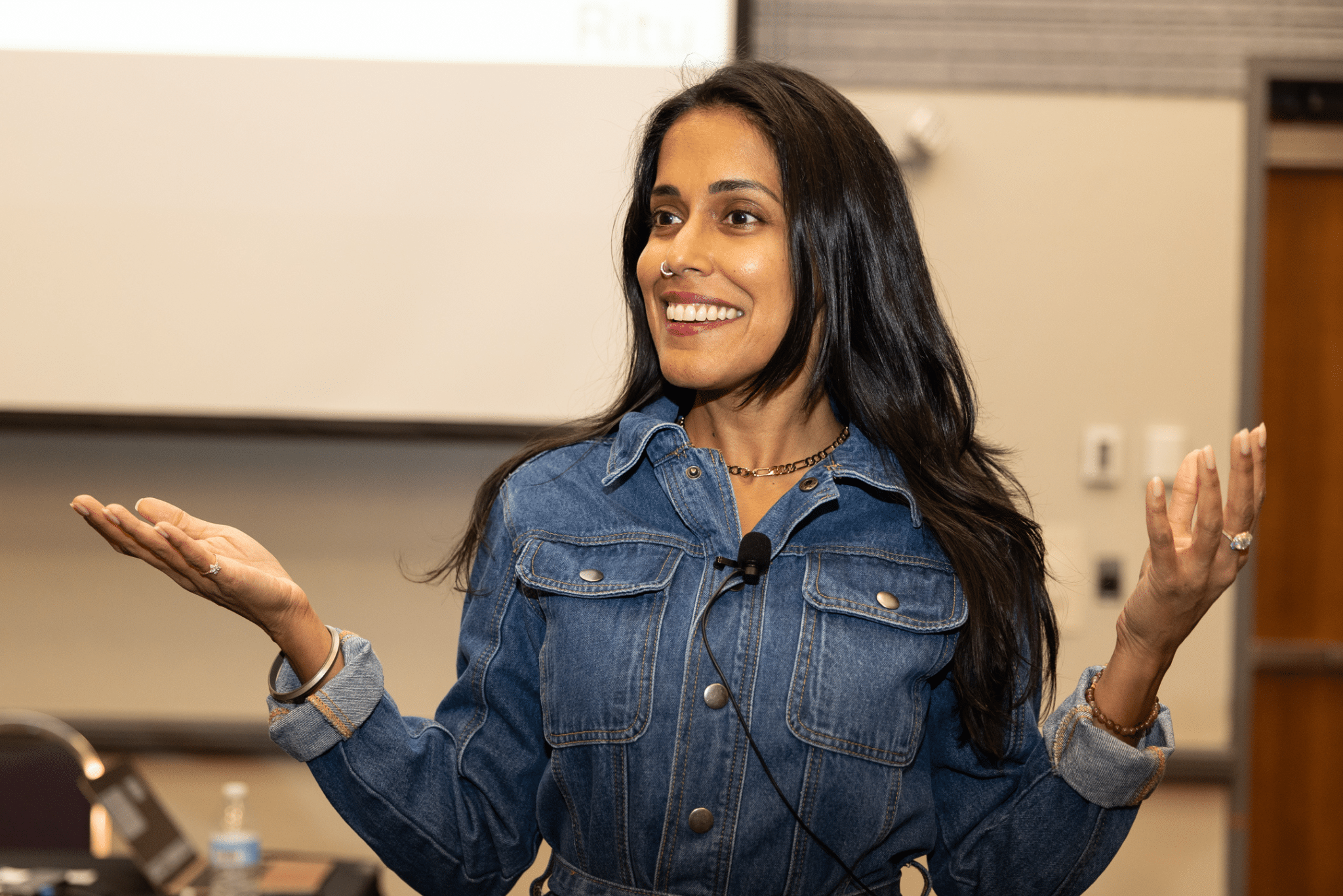7 Leadership Must-Dos For Creating Belonging
During Difficult Times

Across workplaces today, people are struggling for several reasons:
- Deep political and geopolitical polarization is showing up in how colleagues engage — or avoid — each other
- Some are feeling disillusioned by decisions that don’t reflect their personal beliefs, while others are questioning whether their values still align with those of their organization
- Team members are navigating judgment and bias over differing viewpoints
- Many feel unseen and unsupported by leadership
- And all of this is happening amid budget cuts and a reduction in programs that once signaled care and investment
In short, we’re in a moment of great disconnection — and workplace belonging is suffering.
And this is why we must revisit how we are cultivating belonging in the workplace during this difficult time. Our previous strategies and practices to create cultures of belonging won’t sufficiently address the nuanced nature of this moment.
A New Definition of Belonging for This Difficult Moment
At bhasin consulting inc., here’s how we’ve historically defined belonging, based on my work and research, including my book We’ve Got This:
- Individually: Belonging is the profound feeling of being accepted for who you are by your own self and by the people you choose to be bonded with.
- Organizationally: Belonging in the workplace is realized when we create a culture where team members experience community based on who they are.
But the complexity of this moment calls for a more nuanced definition of belonging — one that reflects the emotional and relational realities people are facing in the midst of deep polarization. Given this, here’s a new definition of organizational belonging that we’re encouraging our clients to leverage:
During difficult times, belonging in the workplace is experienced when we feel connection, understanding, respect, and acceptance for who we are, including our values and beliefs — even amidst disagreement, conflict, and uncertainty.
This definition speaks to the realities and challenges that are being experienced across workplaces in this moment. It also offers guidance on what workplace belonging needs to look like going forward.
But how can leaders cultivate connection, understanding, respect, and acceptance in order to unlock belonging?
Here are seven must-dos to help leaders foster a culture of belonging — especially in turbulent times.
1. Make Data Collection and Analysis a Priority
Data collection and analysis matter now more than ever. Why? Because it’s data that gives us concrete input on who is — and isn’t — experiencing belonging in the workplace. We must continue to analyze recruitment, work allocation, sponsorship/mentorship, advancement/promotion, retention, and engagement data in particular.
2. Double Down on Bias Disruption Programming
Bias doesn’t go away during crises — it intensifies. This is not the time to pause bias training — it’s when we must deepen it, including doing the following, which will be new for many organizations: broaden bias training content to address ideological, political, and values-based biases.
3. Examine Talent Management Processes Through a Belonging Lens
Organizational belonging needs structural foundations — our talent management systems and practices must foster belonging every step of the way. During difficult times, leaders must examine (dissect!) each step/practice/process of key talent management areas. If you’re stumped on where to start, at bci we recommend focusing on performance management and work allocation.
4. Create More Group-Focused Connection Opportunities
Prior to the pandemic, we were already in a loneliness epidemic, including in the workplace. Given workplace polarization in this moment, not surprisingly, many people are feeling even greater loneliness and disconnection — a lack of belonging! Human connection mitigates isolation, which is why leaders need to create more of the following types of experiences: social and team-building events; check-ins and group discussions; in-person meetings, to the extent this is possible; and intentional, but informal, “watercooler moments.”
5. Prioritize 1:1 Interactions and Relationship-Building
Because it’s now more challenging to create protected/safe spaces in group-settings, 1:1 interactions matter. This means that leaders must be better equipped with tools on how to cultivate 1:1 interactions and build relationships across differences. Leaders must develop stronger skills in leading difficult conversations, modeling vulnerability and authenticity, encouraging mental health and wellbeing, and coaching in an inclusive and impactful way.
6. Communicate with Frequency, Clarity, and Compassion
In times of great workplace uncertainty, leader silence amplifies anxiety. And this is why leaders should engage in the following behavior in this difficult moment:
- Increase communication frequency — even it if feels like it’s “overcommunication”
- Be more transparent about what’s known and unknown
- Explain decision-making logic and invite questions
- Ensure that no team members are being left out of communication alerts
7. Expand Leadership Training on Core Belonging Competencies
Leaders need the skills to match their intentions. In this difficult moment, there are a few essential training areas to offer to leaders (all of which are the foundations of Shift Leadership):
- Leadership must-dos for cultivating belonging
- Leading difficult conversations
- Building psychological safety
- Leveraging empathetic leadership
- Providing inclusive sponsorship and coaching
All seven of these must-dos for creating cultures of belonging are important at any time, let alone in challenging moments. These critical practices will help to unlock belonging, even amidst disagreement, conflict, and uncertainty, so that everyone experiences connection, understanding, respect, and acceptance for who they are, including their values and beliefs.
This matters… because belonging matters.
Do our words resonate with you? We would love to hear from you! Please send us a message through our Contact Us page, LinkedIn, or Instagram.
Reach out to the bci team here to learn more about our range of programming on creating belonging in the workplace.
- Blogs:
- Tip Sheets:
- Playlists:
